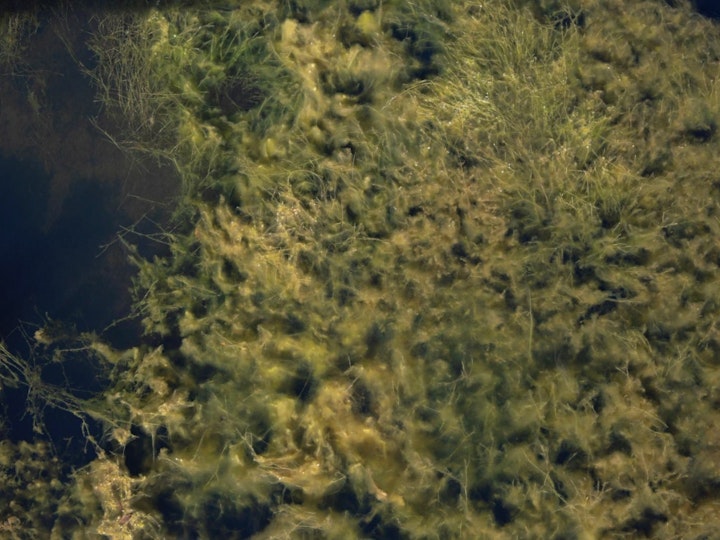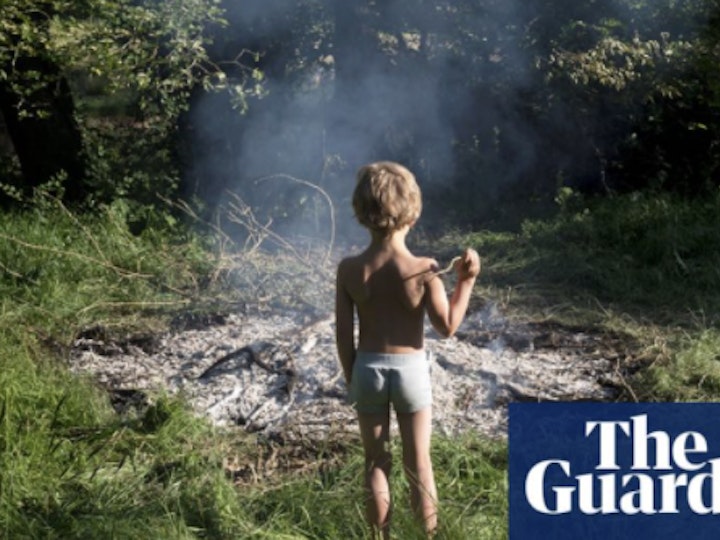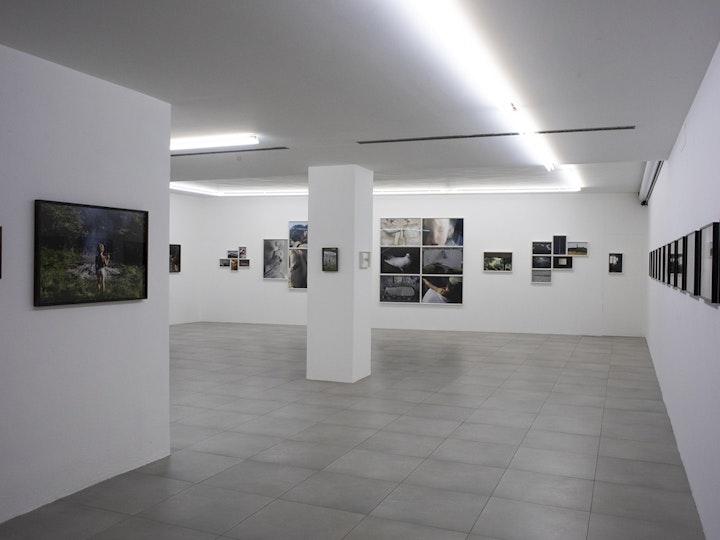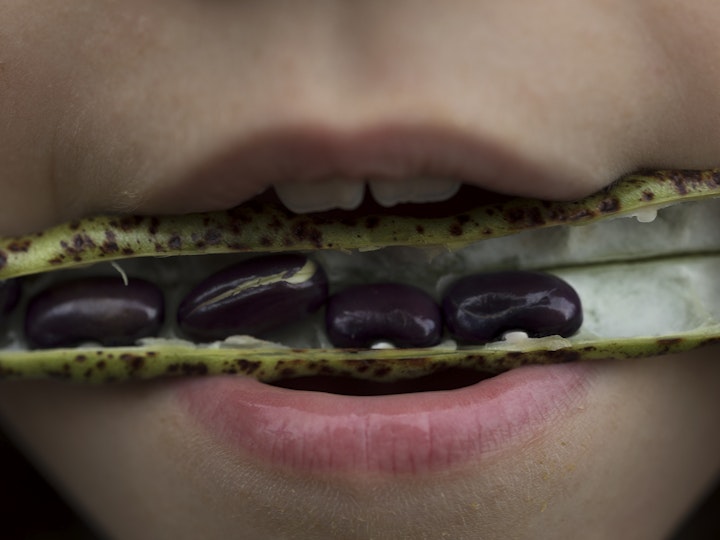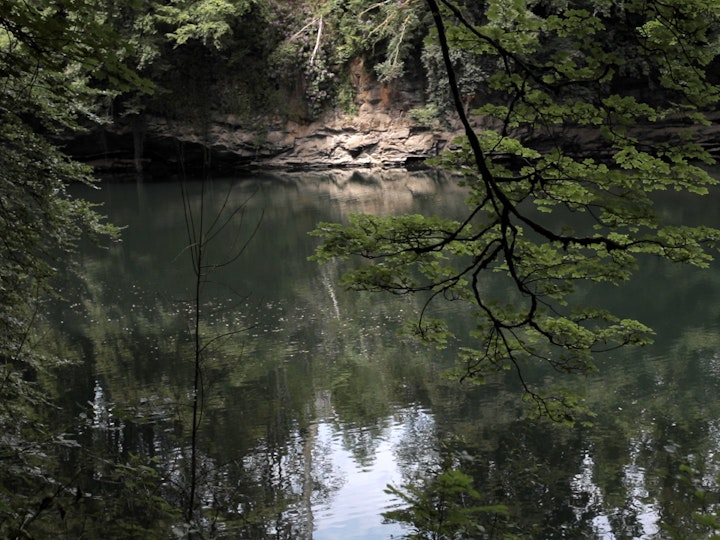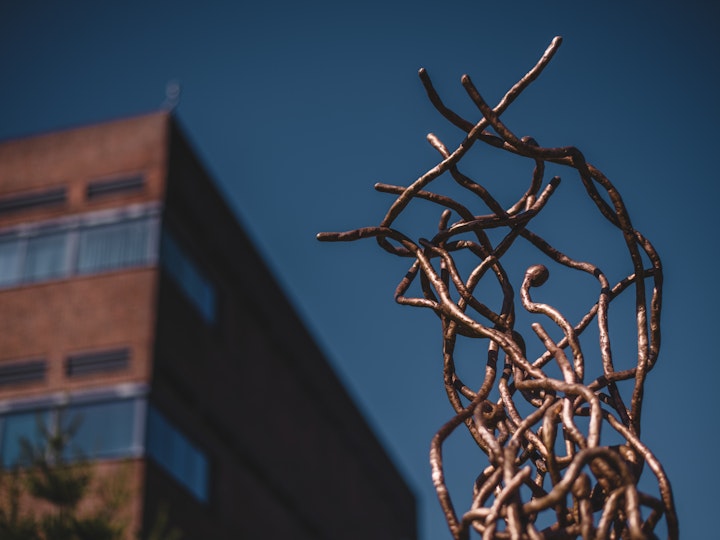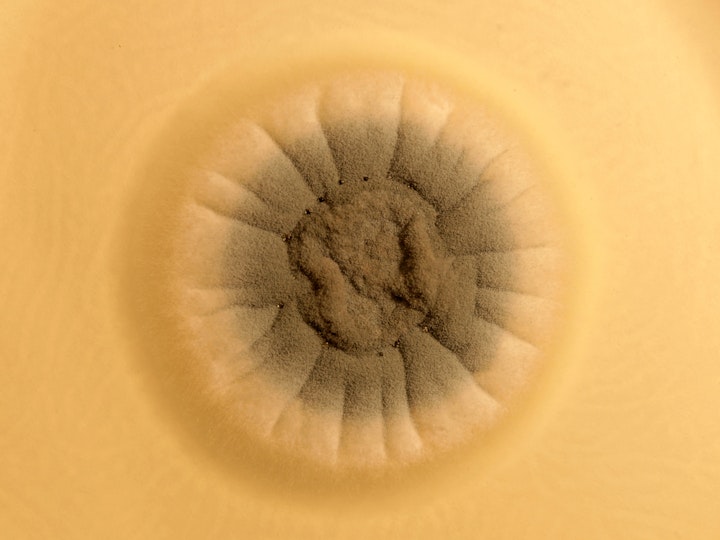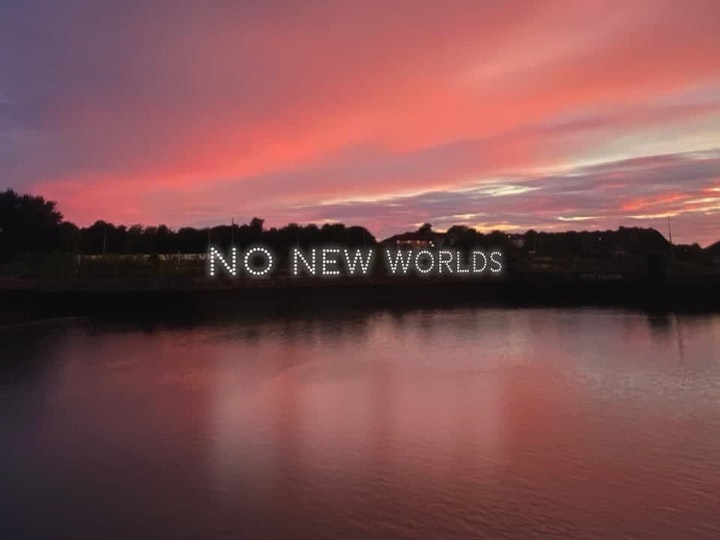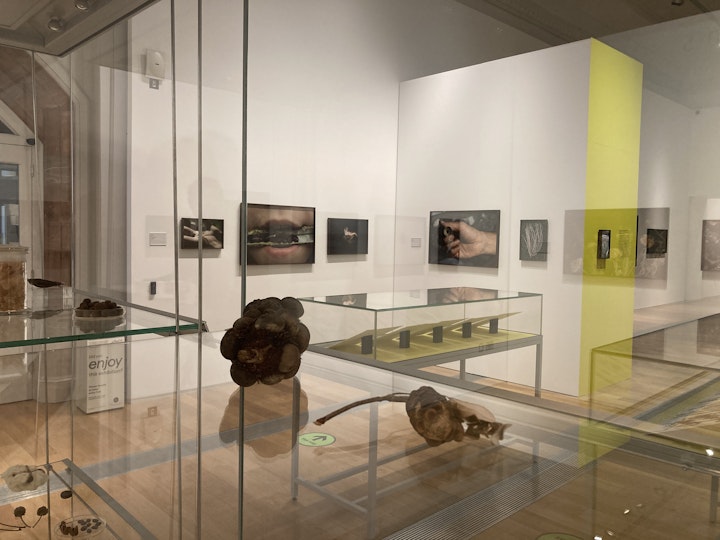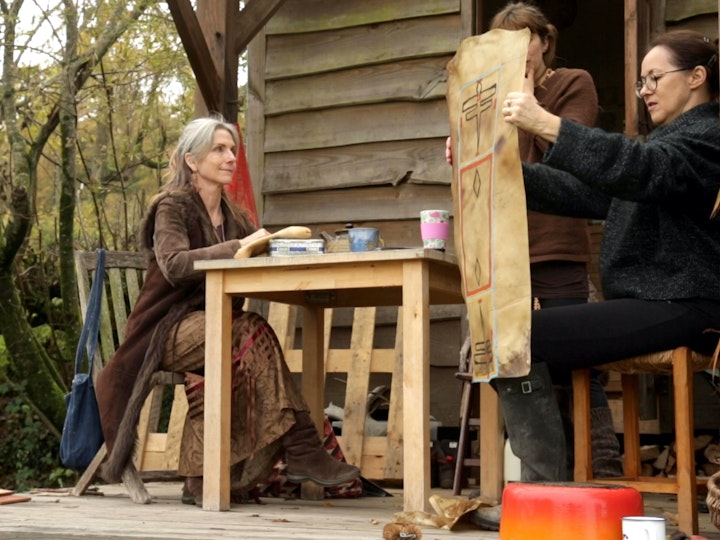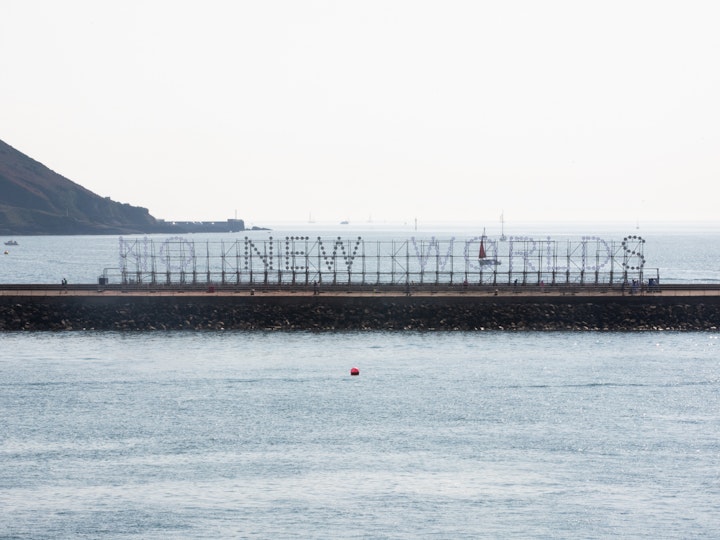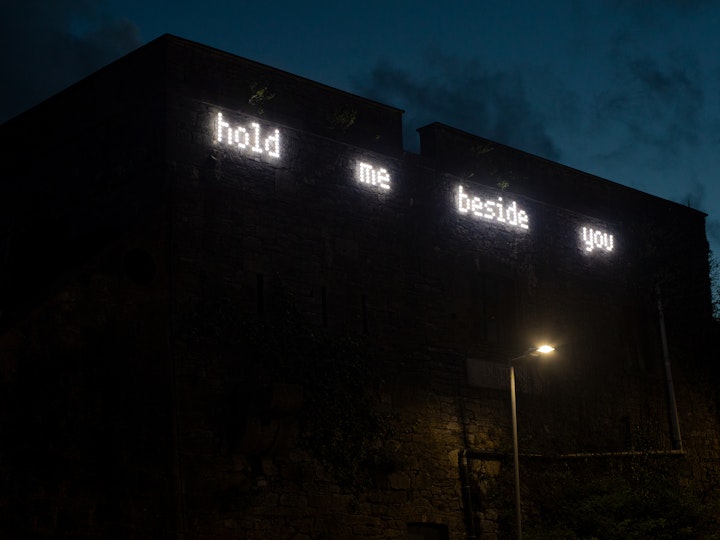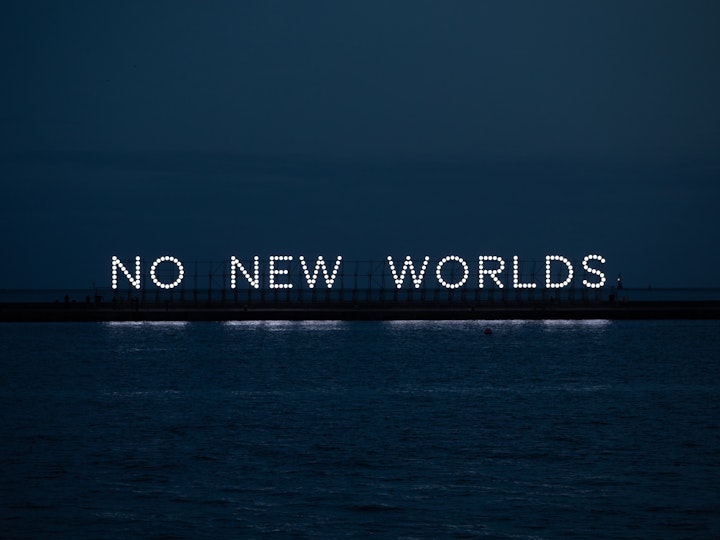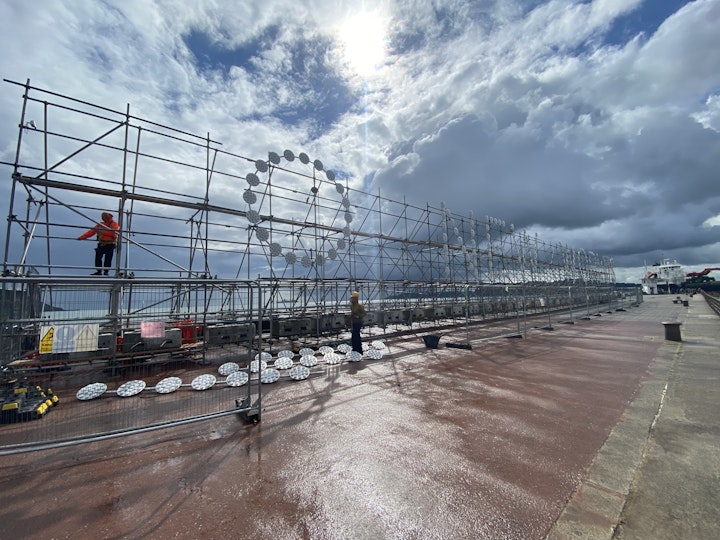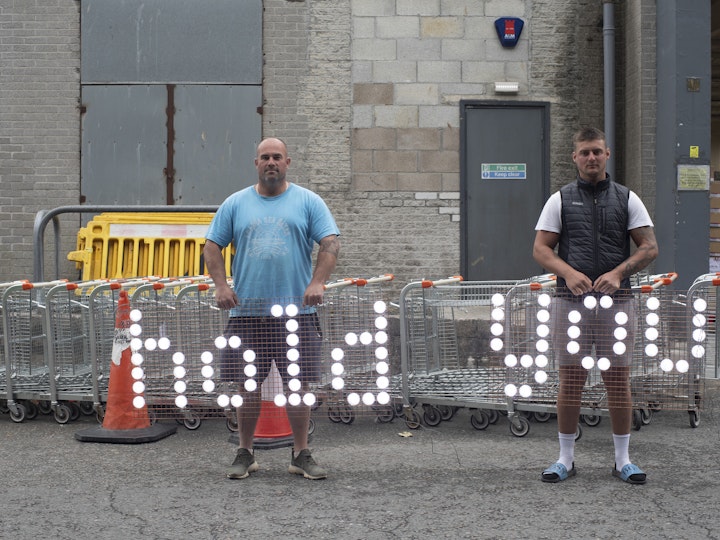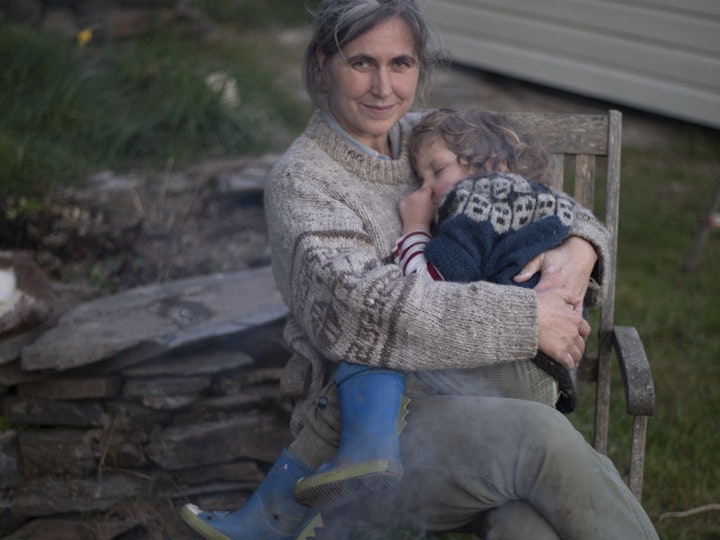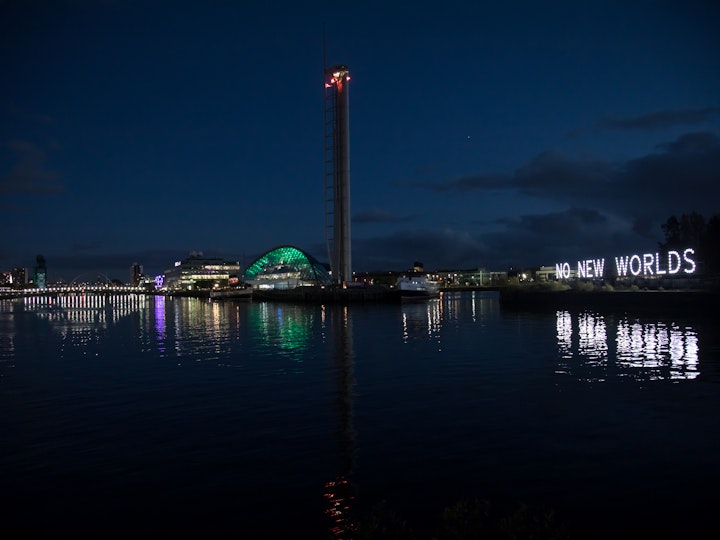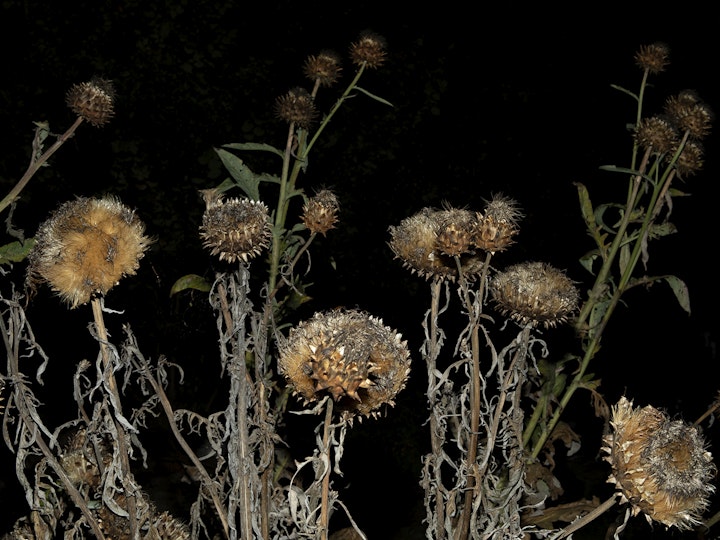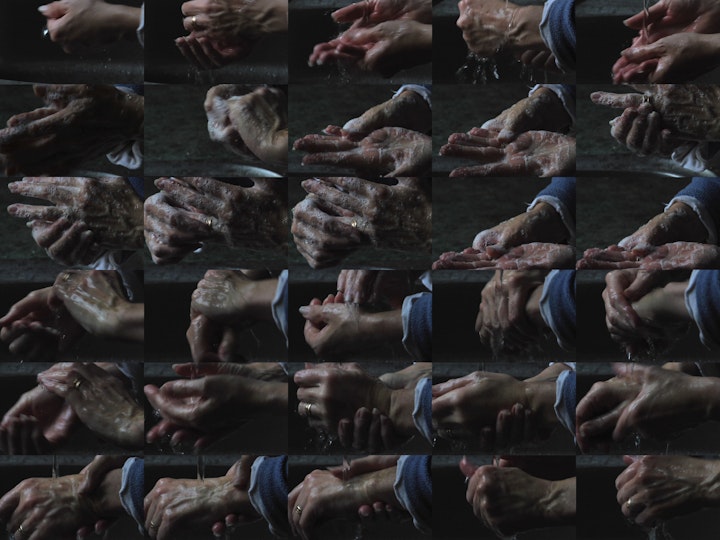
A sculpture by Still Moving commissioned by the MRC Centre for Medical Mycology at the University of Exeter 2022.

This sculpture reveals the invisible and often overlooked kingdom of fungi that exists among us.
It is inspired by the way pathogenic or disease-giving fungi move through a human host and the extraordinary ways our immune system responds. The sculpture does not claim to be a precise rendering of a fungal and human immune interaction. Instead, it tries to capture the feeling of a speculative entanglement.
We have taken the word Pharmakon, which can mean both remedy and poison, killer or cure, as the title for the sculpture.
We wanted to make visible the precarious dance between a healthy host and disease-causing fungi, and the tension that exists in this balance.
Pharmakon explores Candida, one of the pathogenic fungi studied within the MRC Centre, in the form of Candida Albicans, which grows delicate, branching hyphal strands from rounded mother cells.
In the sculpture the human host is invisible, but it is present in the silhouette that the hyphae and their mother cells trace, and in these immune cells called macrophages or Phagocytes, that they encounter.
We began the design process by imagining a cylindrical laboratory core sample, like a very small biopsy, taken from a human, in which fungal hyphae are exploring and growing in their search for nutrients, while at the same time the macrophages try to keep them in balance.
Pharmakon is a general call to be more curious about the microbes that make up our worlds. In its essence it is a mycelial warning that the wonder of life is held in a delicate balance
Working with the traditional proportions of classical and figurative sculpture, it brings to human scale an imaginary journey of fungi, as it seeks out nutrients and avoids regions of scarcity.
The macrophages shape-shift as they try to limit the fungi’s spread. These astounding interactions are going on inside us all the time.
As Adilia Warris brought to our attention in our interview for the commission a quote by George Bernard Shaw: ‘Stimulate the phagocytes, drugs are a delusion’ which points to immunotherapy and working to stimulate these systems of healing that nature has provided.
The sculpture was first made in wax and then cast from recycled bronze using the lost wax process, a technique first documented thousands of years ago.
We have used the commission to learn how to work with wax and bronze casting and it has been an extraordinary learning experience, that Paul from Phoenix Art has patiently guided us through. We are very grateful for his generosity.
We have made a film about the making process which is available through the QR code (on the plaque which takes you to a dedicated webpage about the sculpture.)
We are interested in the way bronze has been traditionally used to commemorate and celebrate colonial projects. We deliberately chose to use bronze in a public open space for another purpose, to draw attention to our multi-species world, much of which is under threat due to ongoing colonial practices.
Traditionally artists will decide the colouration of a bronze sculpture by applying a set of chemicals to control the process of oxidisation of the copper in the bronze. Green, brown or black are the most common patinations you will have probably come across.
We have decided to leave Pharmakon to develop its own patination slowly over time and its final colouration will respond to and depend on the ambient atmospheric conditions here in Exeter. What you see now is it in its raw bronze state.
Fungi are some of the least studied, and least understood pathogenic microbes that can infect humans. The ground-breaking work that scientists at the MRC centre for Medical Mycology undertake is a narrative of hope, but also reminds us that our entire world is underpinned by the microbial kingdoms that sustain but also threaten our existence.
This collaboration with MRC has been a non-hierarchical relationship, which has brought their research into dialogue with our own methodologies and it's been an honour to be able to have access to their expertise.
Pharmakon is a general call to be more curious about the microbes that make up our worlds. In its essence it is a mycelial warning that the wonder of life is held in a delicate balance.
